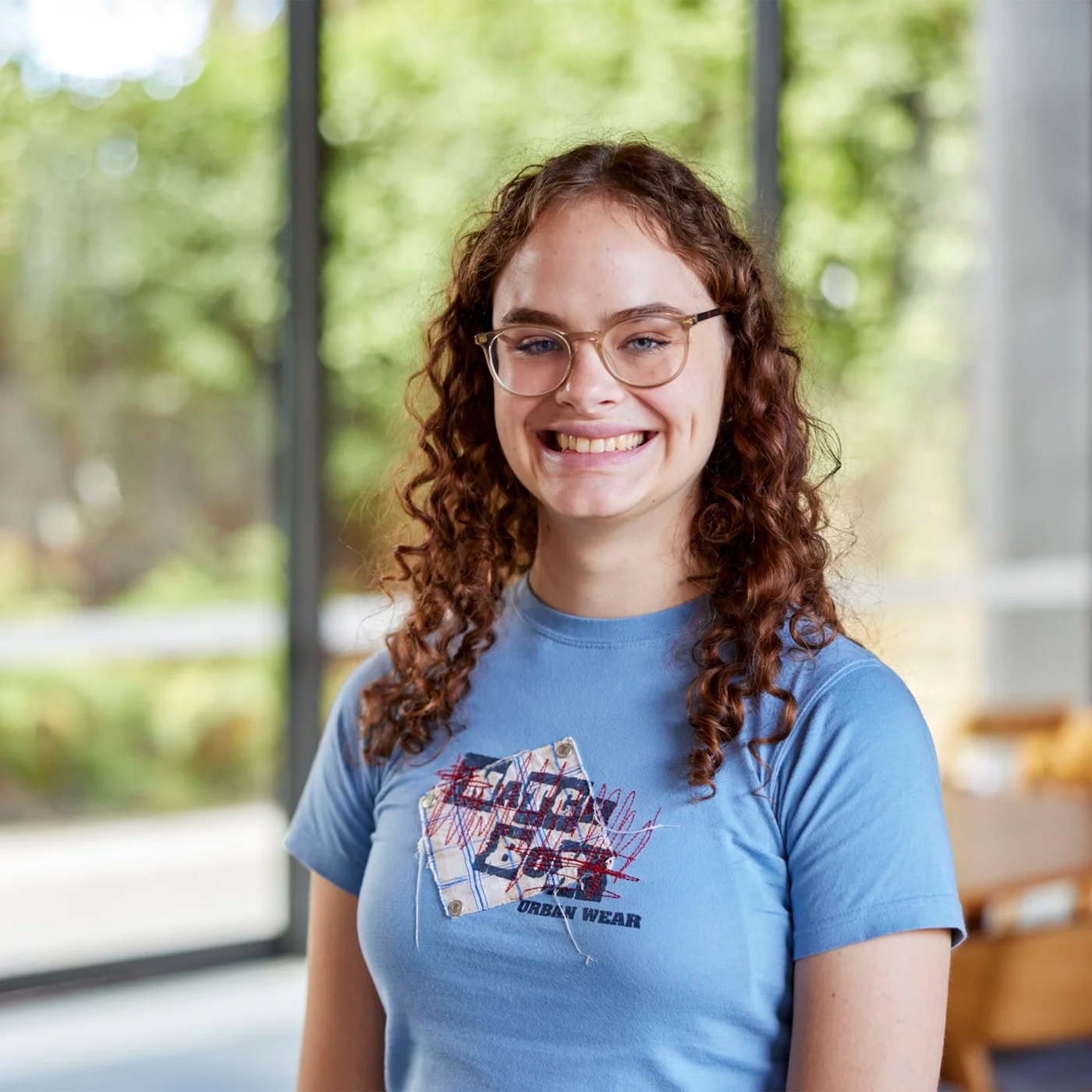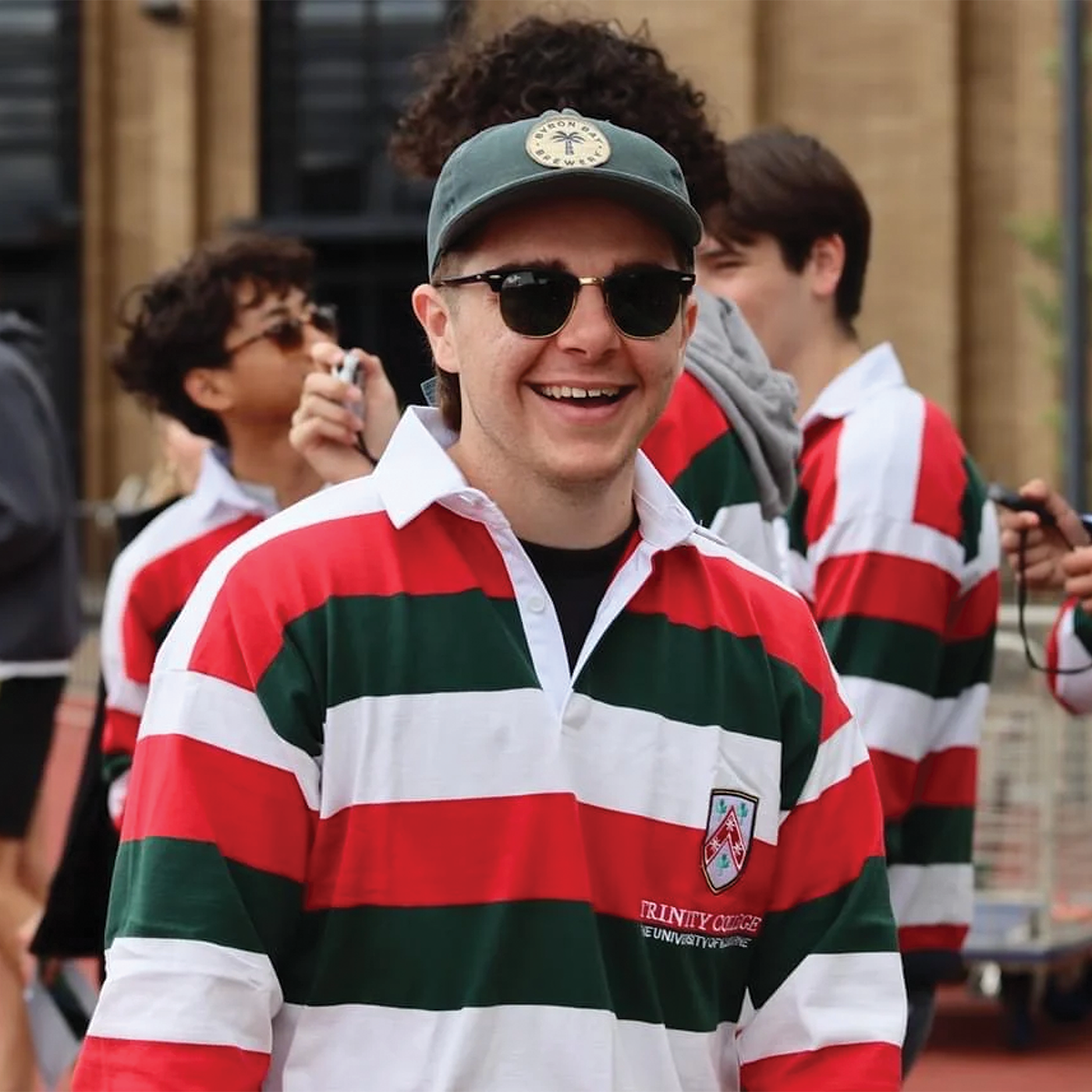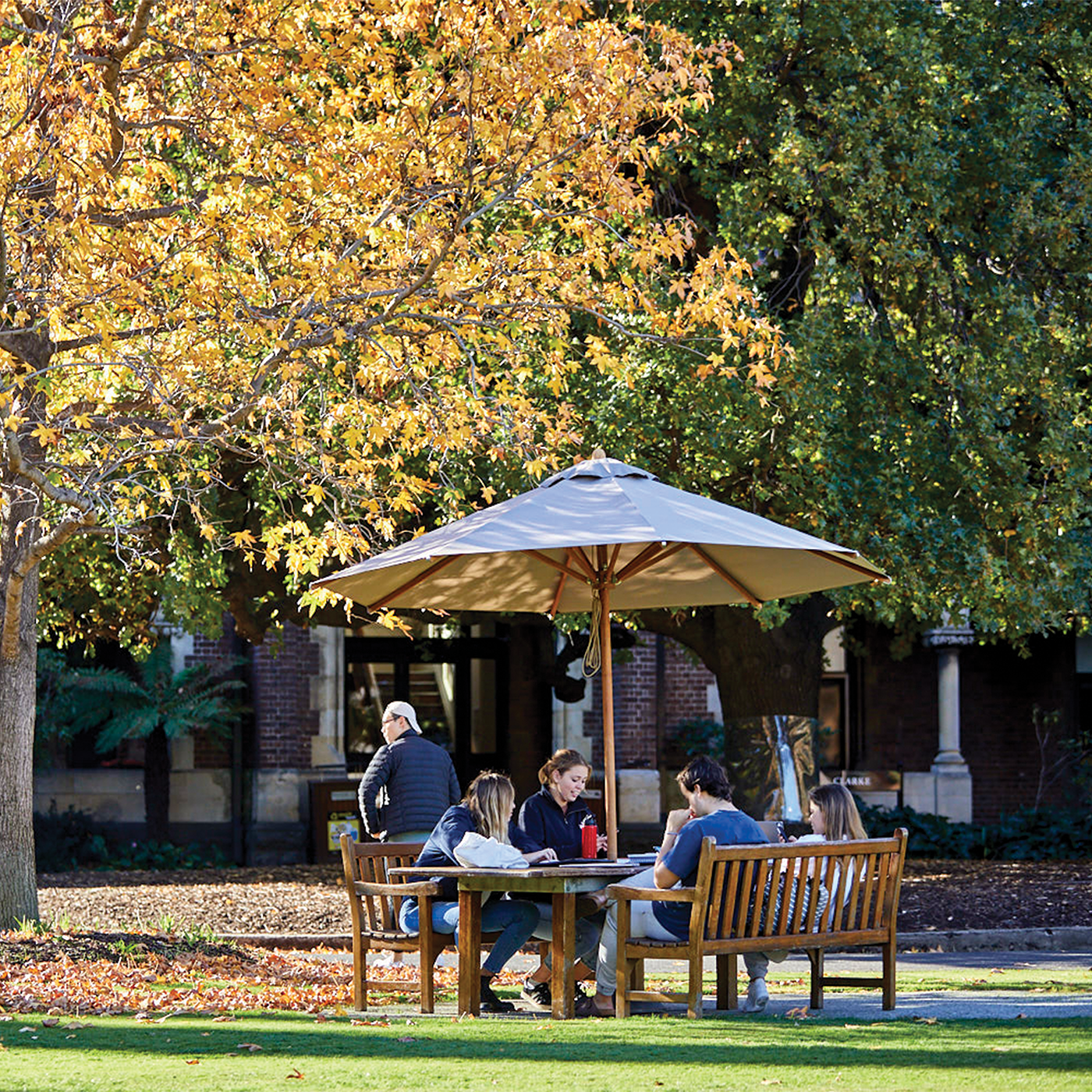

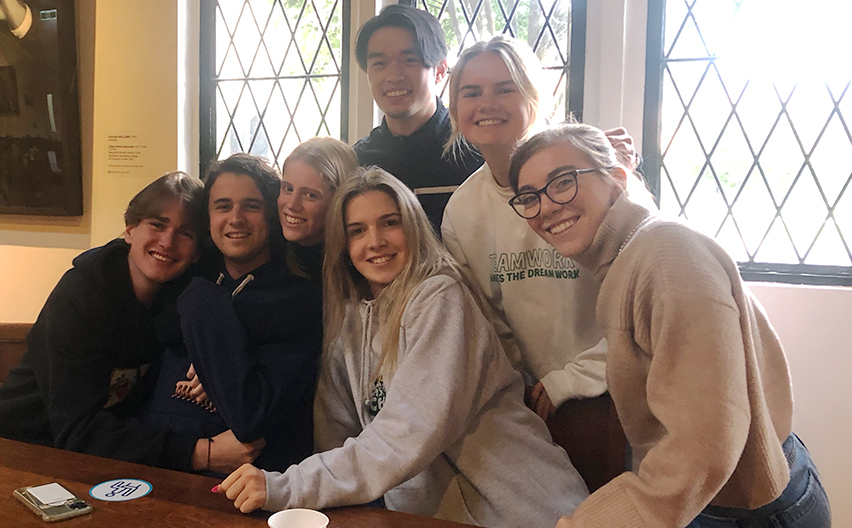
What does wellbeing mean to you personally, and what does this week signify for you?
Hugo: The idea of wellbeing for me has really changed since I was at school. At school, conversations about wellbeing and mental health were always misconstrued to be about negative mental health, but wellbeing to me now is so much more both the positive and the negative side of my general wellbeing and outlook on life. In terms of this week’s significance, it formally creates a consciousness about mental health, and makes us think about it more presently, helping us make wellbeing become an everyday routine.
Max: Definitely. Going on from that, for me wellbeing means accepting my position and being comfortable with where I’m at. With this comes doing things that make me feel nice – a lot of different things – but also doing things that aren’t as comfortable to maintain wellbeing, such as pushing myself in sport or studies. I think Wellbeing Week is about having conversations about wellbeing and making it an inclusive topic.
Is there a specific point in your life when wellbeing became particularly important to you?
Seraphina: Probably right now, just because we are in an environment full of different people, and different people’s needs that you are trying to balance. So, I think it’s really important to make sure you’re taking time to yourself and checking in, because you don’t have a lot of time to be by yourself at college.
Celia: I’d say the same. Moving to college and moving away from home, you have to start to manage a whole range of things on your own, such as work, uni, social life, sport. For me personally, moving to college I was unaware of how to balance everything without the support of family, and consequently I took on too much. This meant I had to come to the realisation on my own, in a pretty difficult way, that I actually had to consciously think about wellbeing on an everyday basis and do things for my wellbeing.
Jack: For me it’s been over the past three months, because it’s the first time I’ve ever experienced loss in a big way, as there have been a couple of deaths in my family. So, wellbeing has supported me in learning to accept the fact that [these people] aren’t a part of my life anymore. Like Celia was saying, I just try to do little things to make sure for myself that I am doing well. For example, every night, I’ll write three little accomplishments that I’ve achieved throughout the day, no matter how menial they are, even if it’s just, ‘Did my laundry today that I’ve been delaying for a week’.
In your everyday life, how do you incorporate wellbeing?
Eleanor: I incorporate wellbeing in my day-to-day life by finding a daily time called my stillness time. This time isn’t about doing or achieving anything. It's just about checking in on actually how I'm feeling, because I think sometimes we get so obsessed with work and productivity and activity that we don't ever just give ourselves quiet time, which is so important to me. I also try to keep connected – whether that means you promise yourself that you will walk up to formal hall and sit next to someone you don't know, or you will go for that cup of coffee.
Hugo: Mine’s a bit different. I think being in a boarding school community since I was 12, my personality is quite extroverted, meaning that now I find I'm more anxious and overthink things when I'm by myself. And literally sometimes it's if I'm in my room by myself for an hour I get a little bit jittery. I just need to be stimulated. So, I think for me, I always surround myself with positive people, close friends and have conversations. That's when I feel most relaxed. Even though I am immersing myself in activity and stimulation, it still is relaxing for me just because I'm with people with good energy. And that's just where I feel most safe. So I guess just a tad more tailored to my personality.
Seraphina: I usually block out pieces of time at the start of the day or the end of the day for me. For example, I find reading really stimulating for my wellbeing and really exciting to do as you can learn new ideas. Or doing something creative, playing guitar or playing music. I find those expressive things are a really great way to get stuff off your chest if you don't quite know what you're feeling.
Going on from that, when you are feeling particularly stressed or anxious or down, is there a thing that you rely on for support, or a strategy that you use?
Celia: I'm going to go simple and say, just literally making a to-do list is something I rely on, every day. But then also, obviously, in the environment that we live in, I find so much comfort in the support system that Trinity offers us, just because there’s always someone that you can talk to.
Agree. And following that, how important is talking things through?
Celia: Yes, and I was just going to add that when we're discussing the importance of talking, something that I've come to value this year is being able to talk to someone removed, like Mandy (Trinity’s Wellbeing Coordinator), and being in a more professional space. It's so eye-opening. It completely changes the context of what you're talking about, and gives you a different perspective.Eleanor: Exactly. And then when you sit down in a professional sense, with Mandy or a therapist, for me there's always been such clarity that comes when you speak out loud. Because for me, at least, there's always been a little bit of muddle in my head, with the internal voices. I get clarity and that's really, really powerful.
What is something that you think we could all do to increase the wellbeing of those around us this week?
Jack: Since I’ve come to college, I've always remembered whenever I've walked into a room and someone says, like, ‘Oh, you look nice. Where are you off to?’ – that's the biggest confidence booster that I've received. And it's just always so positive. So any random compliment you can give is lovely, even to those you don’t know well.
Hugo: I love that. And yes, I think something that got me through a time when I was not great was, and I'll never forget it, was my deputy headmaster saying to the whole school, ‘I want everyone to be silent for three minutes, but I want everybody to think of a one person they can go to right now’. And then you had to sit there for three minutes. It was so important as it taught me that you need to make sure that you have a team out there, and, just as importantly, that you are available to be a part of someone else’s team and let people know that you are there.
Max: Yeah. Just to add on that, I feel like taking initiative for that team is also really important. If you take initiative by saying, ‘Let’s catch up for coffee’, it's like this mutual agreement of listening to each other. It’s good for them and good for yourself as well, because you feel supported.
Seraphina: I also think a good way to reinforce your positive mental health, as well as creating community wellbeing, is by accepting other people in their stories and not being judgmental of them. I think that's really important for us all because it means if we can accept the faults of others, we can accept the flaws within ourselves. So I think being open and non-judgmental is a really good way to combat self-judgment and ensure your positive wellbeing.
Hugo: Put that on a T-shirt!
As told to Eddie Jackson

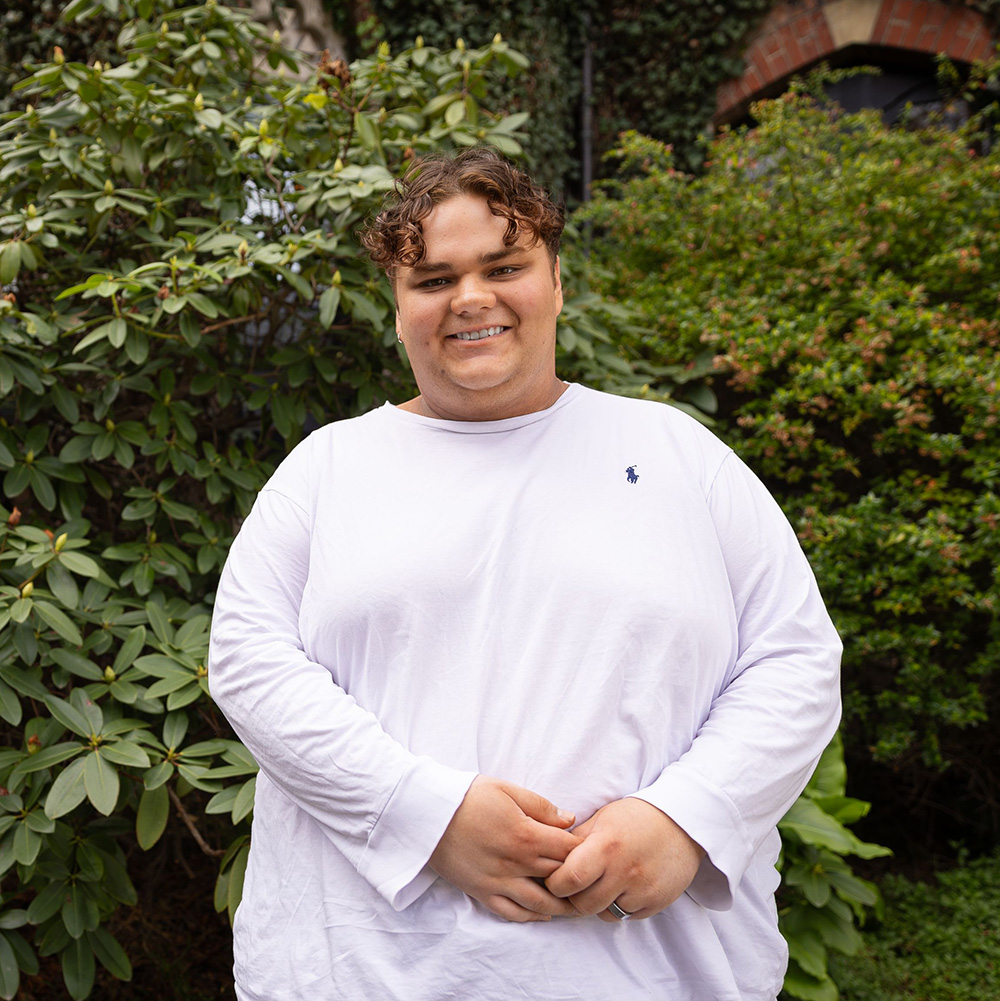

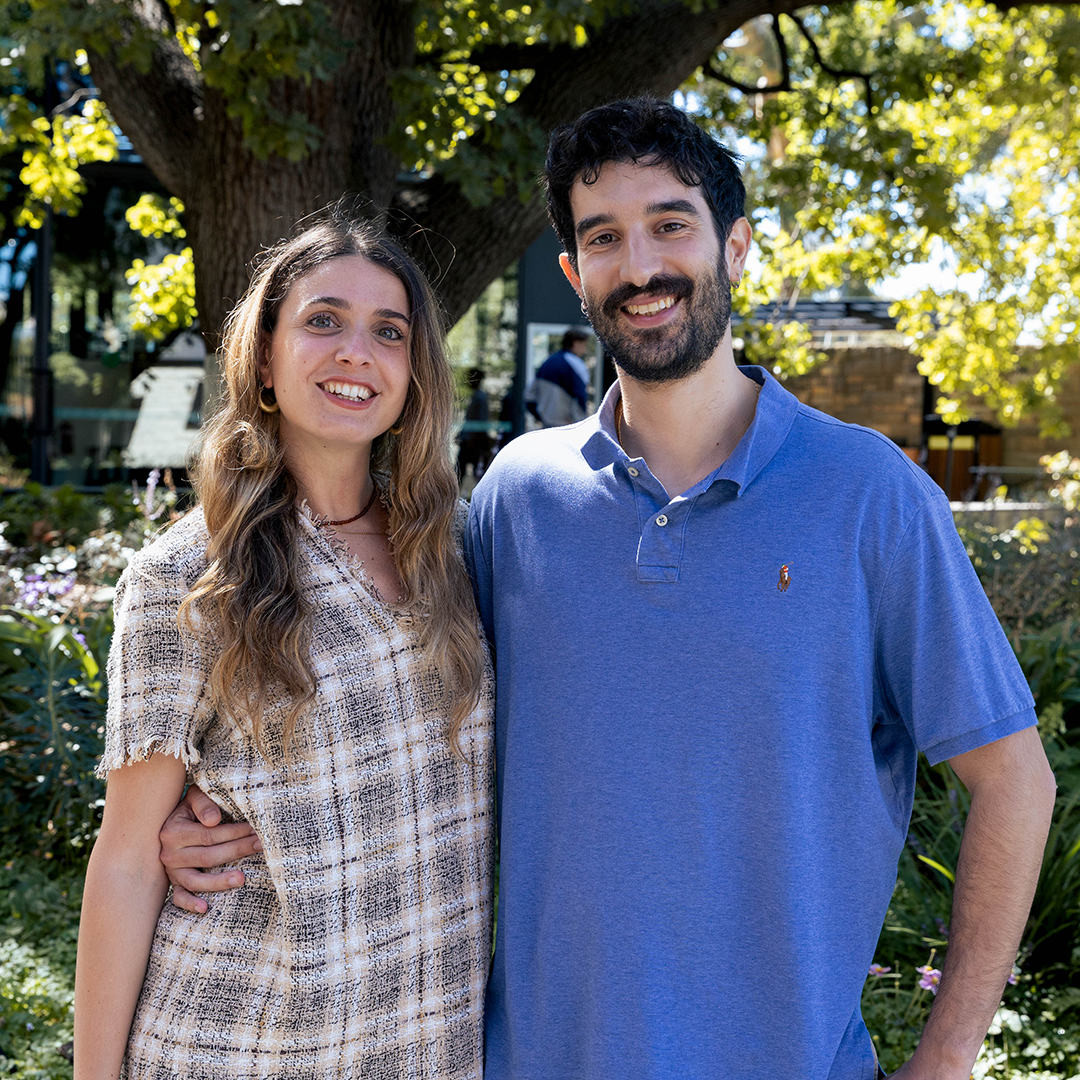



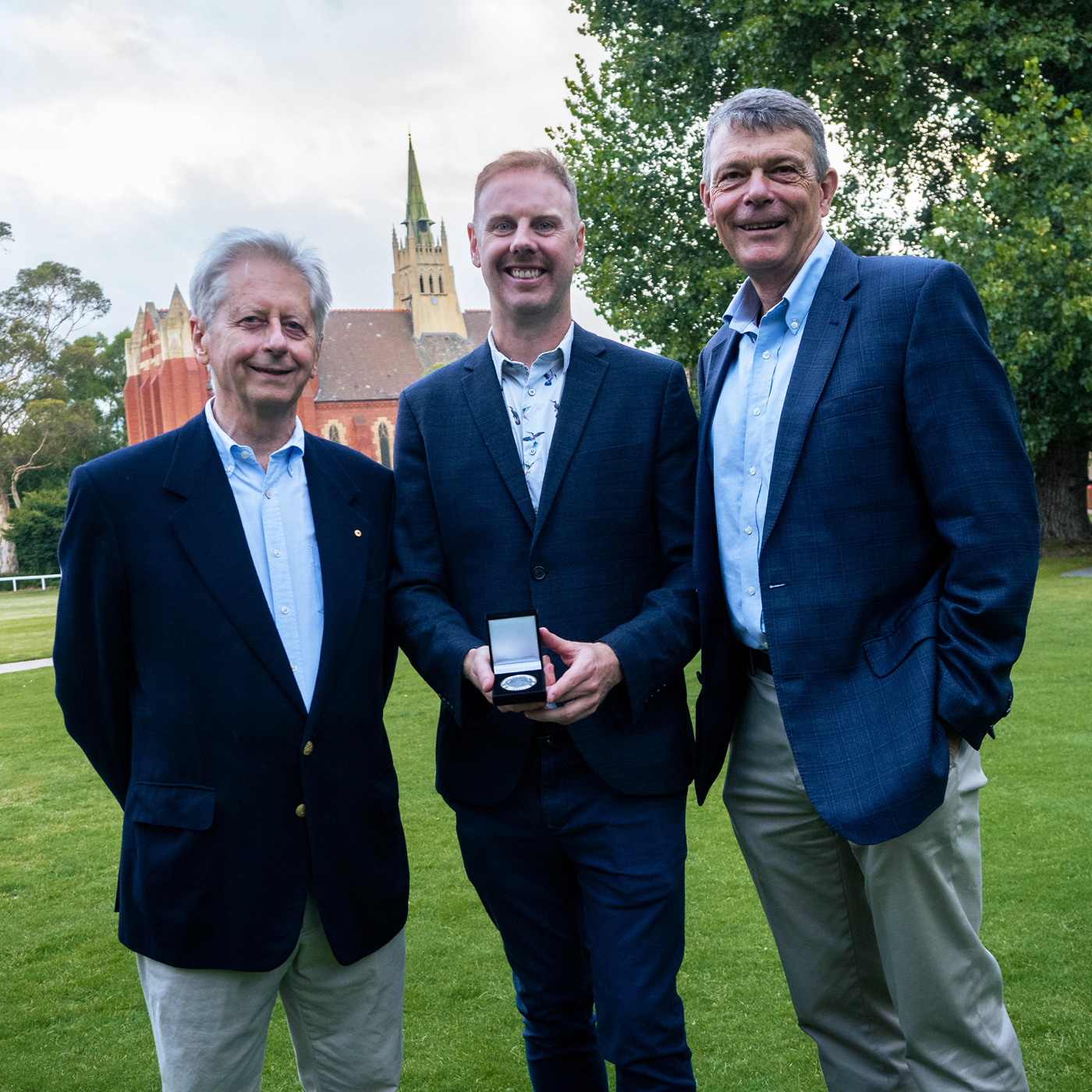


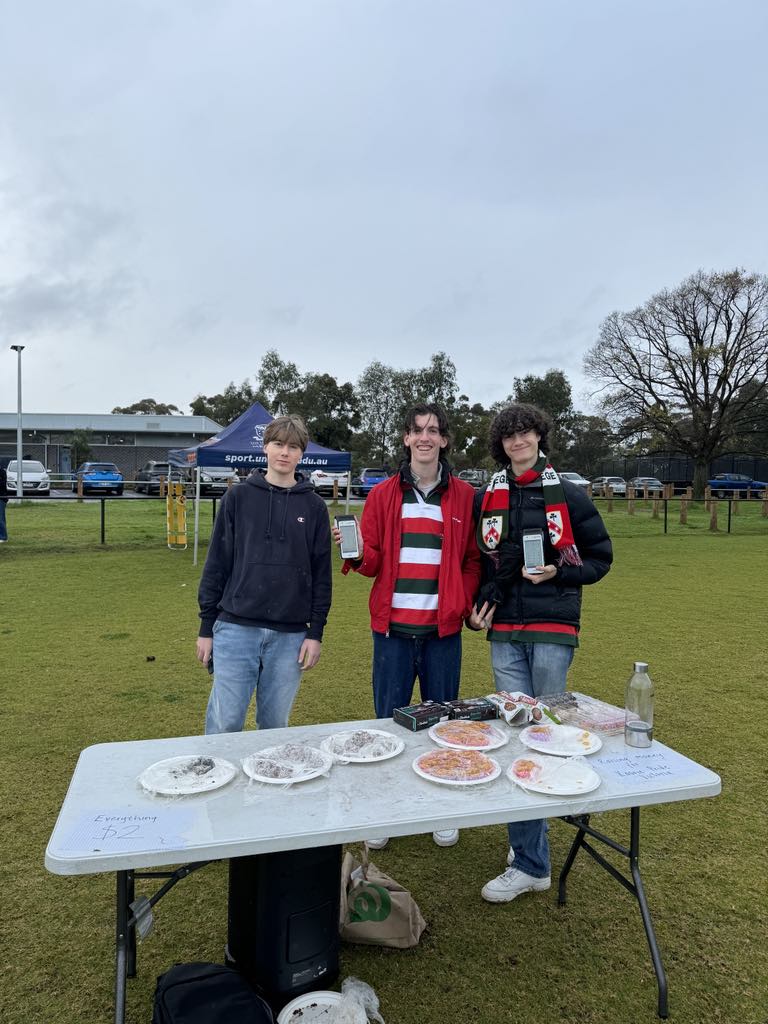

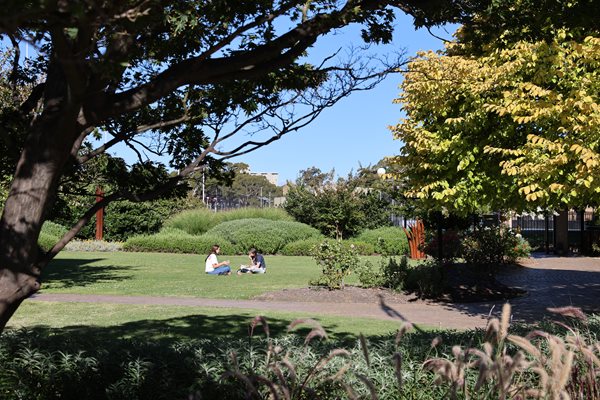
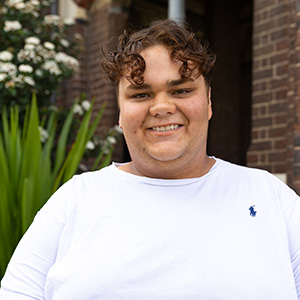



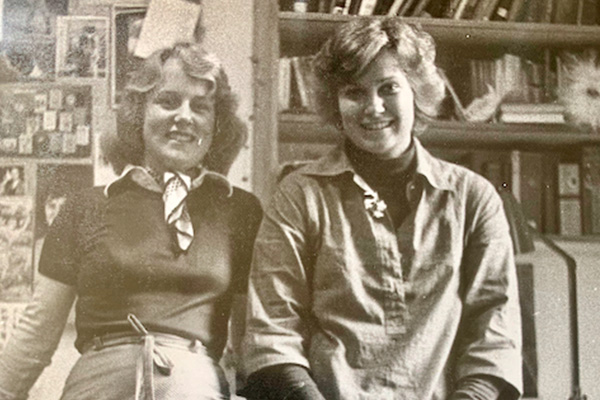
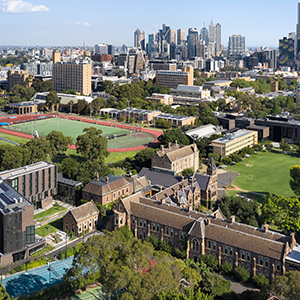



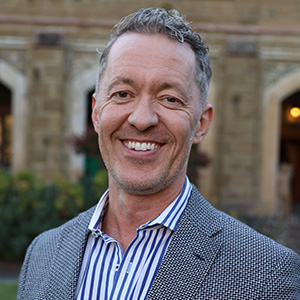
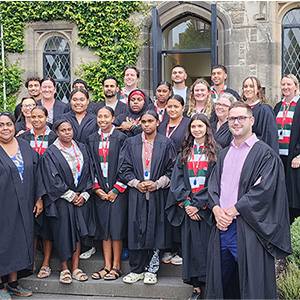

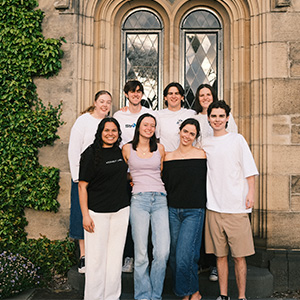

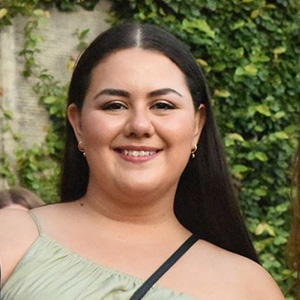

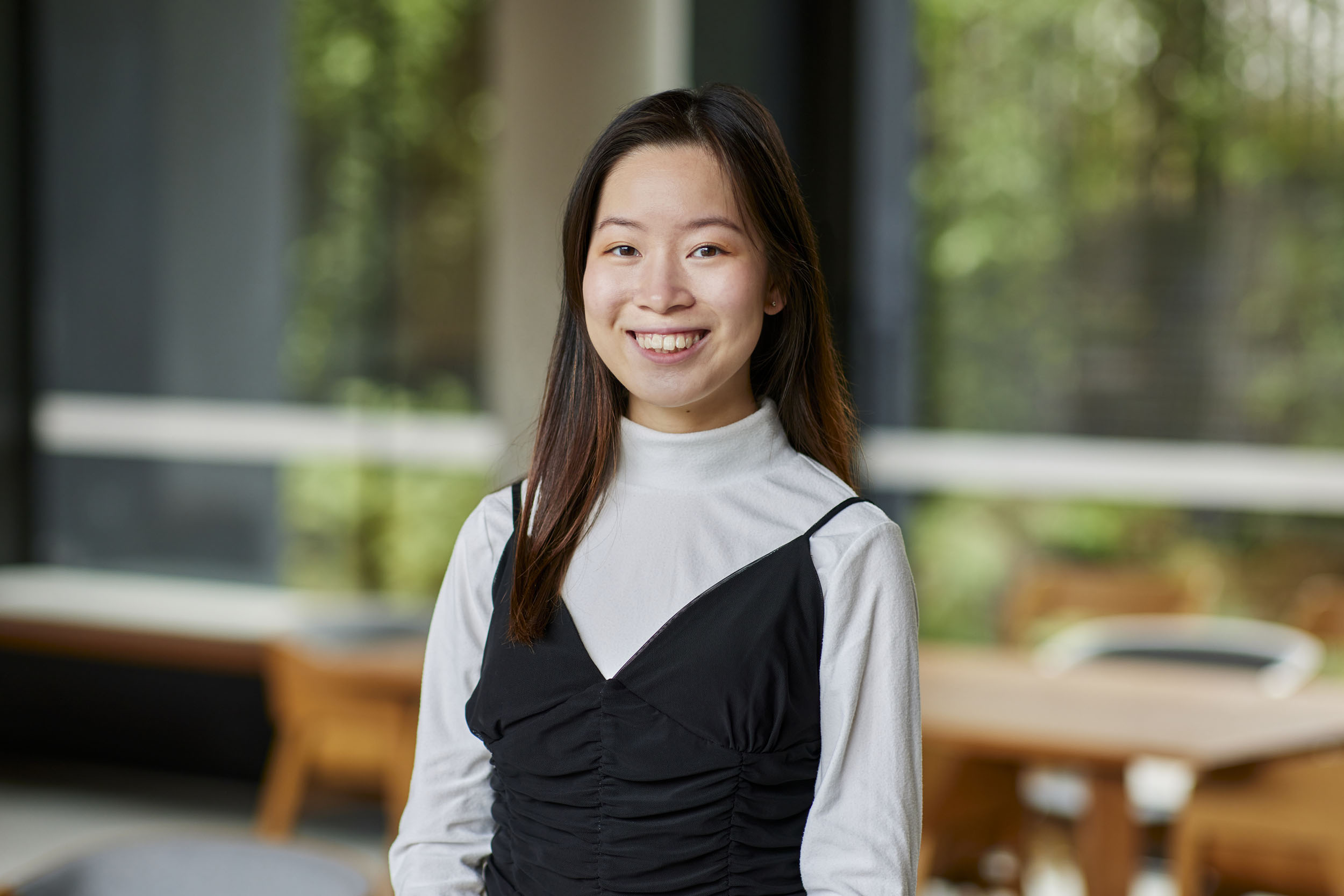
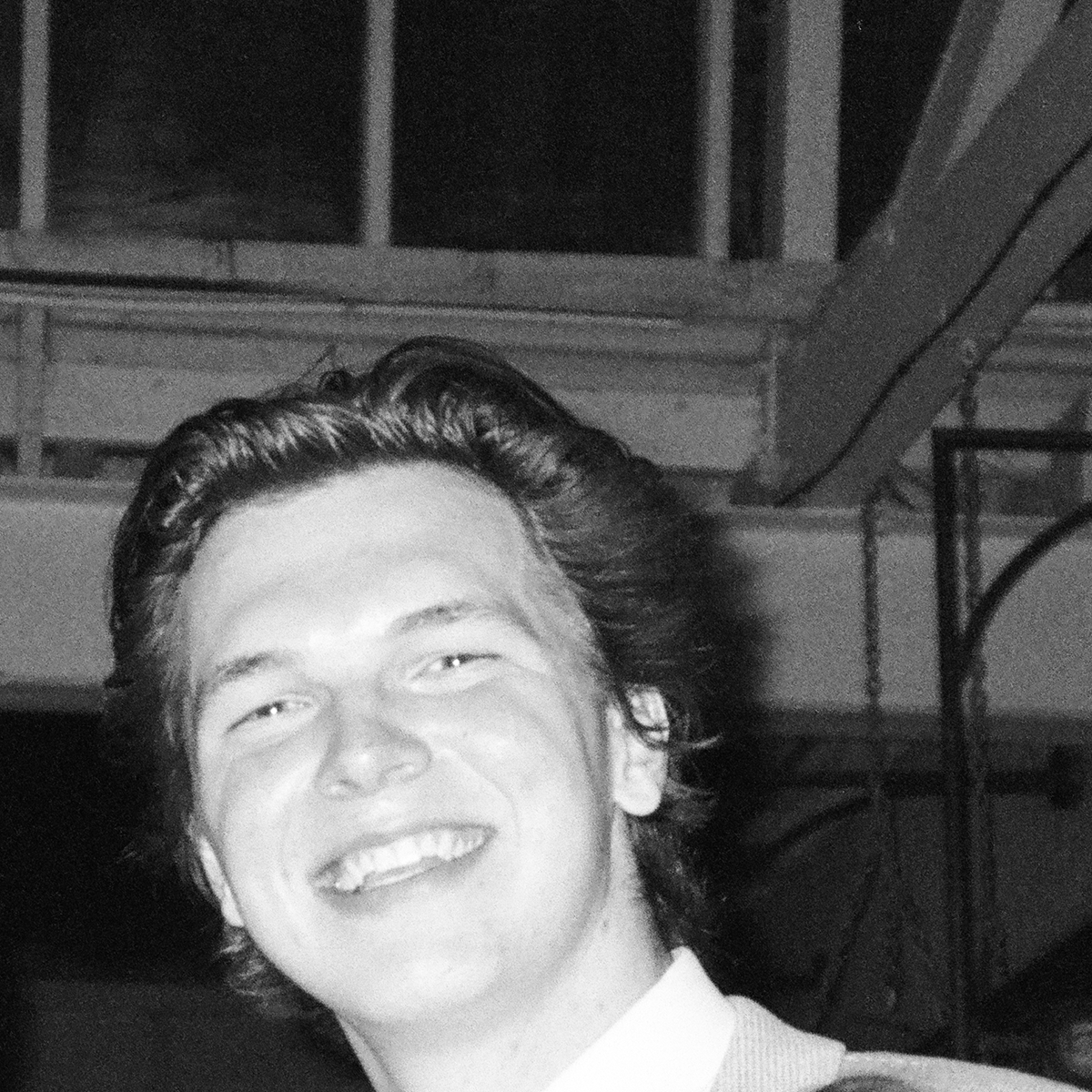
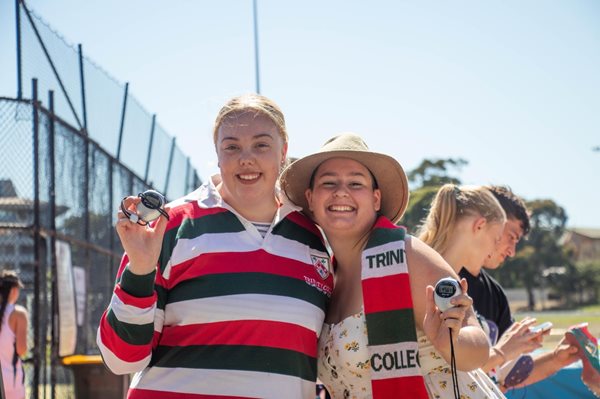



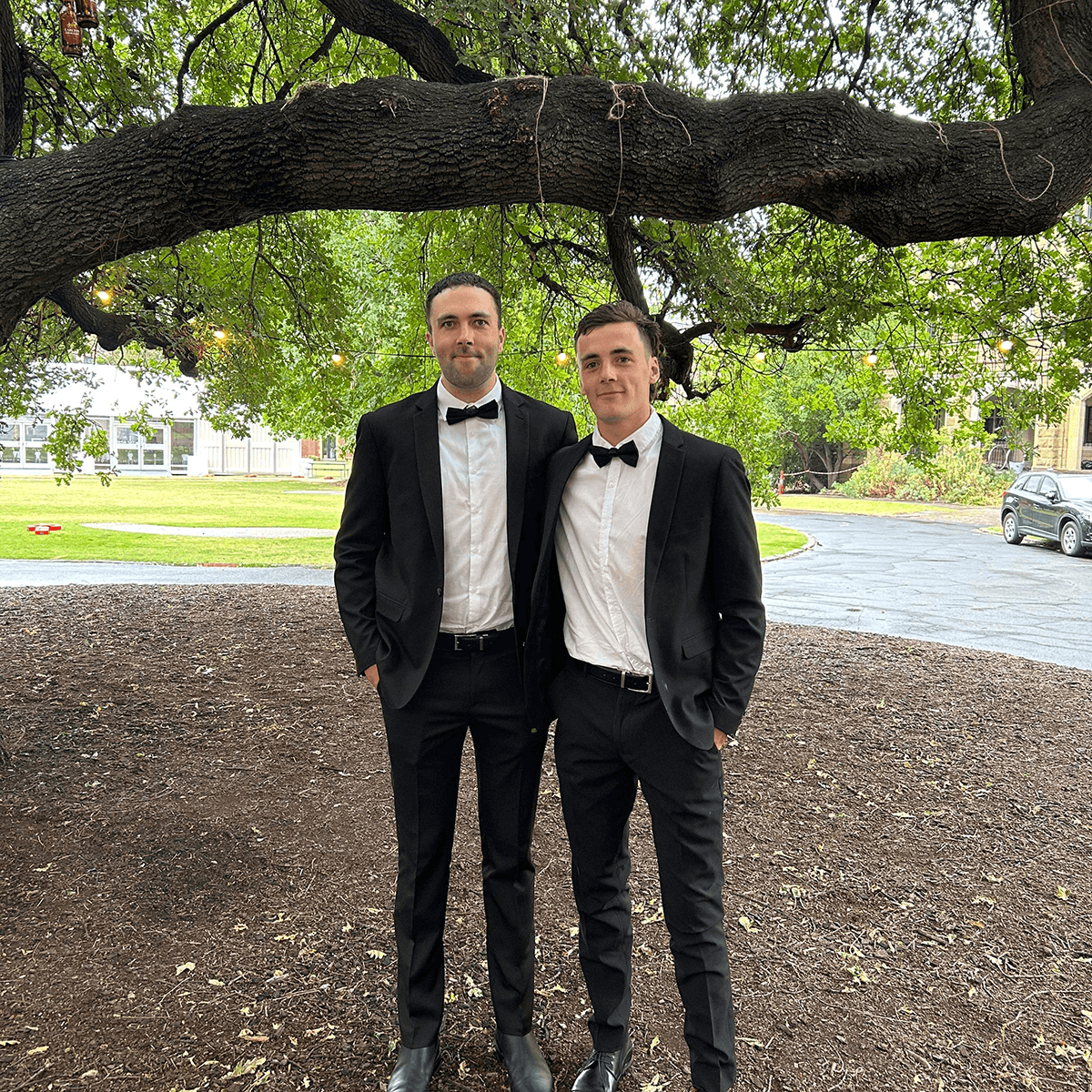.png?width=1200&height=1200&ext=.png)
